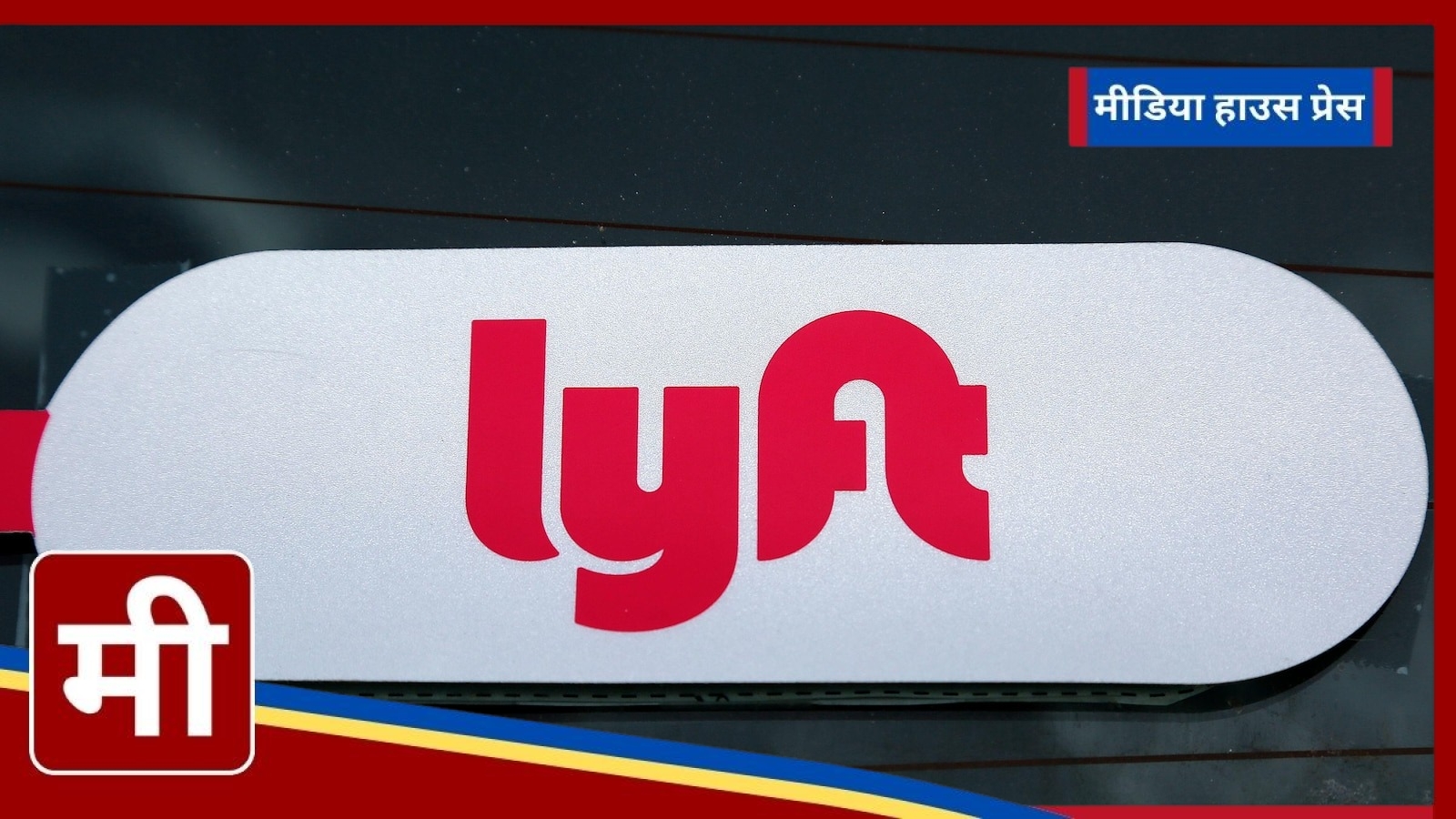Details of the Settlement
The agreement resolves a case filed by the U.S. Department of Justice on October 25, which coincided with Lyft’s announcement that it was negotiating settlement terms with the Federal Trade Commission (FTC) regarding similar issues. U.S. Magistrate Judge Peter Kang signed the order to formalize the settlement, which prohibits Lyft from engaging in the misleading practices identified in the lawsuit.
Allegations of Inflated Earnings
The lawsuit claimed that Lyft inflated driver earnings between April 2021 and June 2022 in major U.S. cities. The company advertised that drivers could earn over $40 per hour in cities like San Francisco, Los Angeles, and Boston, and even more than $30 per hour in Atlanta, Dallas, and Miami. However, these figures were based on the earnings of Lyft’s top 20% of drivers, creating unrealistic expectations for the majority of drivers working for the platform.
In response to the lawsuit, Brian M. Boynton, Principal Deputy Assistant Attorney General, stated, “The Department of Justice will vigorously enforce the law to prevent companies from misleading Americans about their potential earnings in the gig economy.”
Lyft’s Commitment to Transparency
Lyft has already changed several of the practices cited in the lawsuit and is now overseen by CEO David Risher, who joined the board last year. When disclosing the settlement with the FTC, Lyft emphasized its commitment to maintaining trust within the communities it serves through transparency.
As the gig economy continues to evolve, the scrutiny surrounding companies like Lyft highlights the importance of accurate and honest communication about earnings potential for drivers

